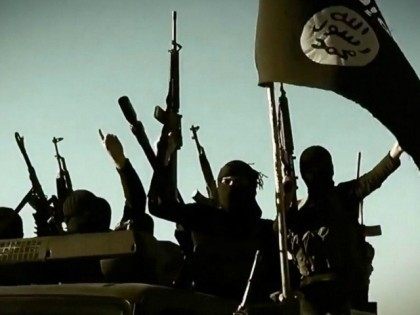Dianne Feinstein: Trump Should Offer a Deal to North Korea
Feinstein said the U.S. offer a deal under which North Korea would agree to “freeze” their nuclear and missile programs, and the U.S. would agree not to pursue regime change there.
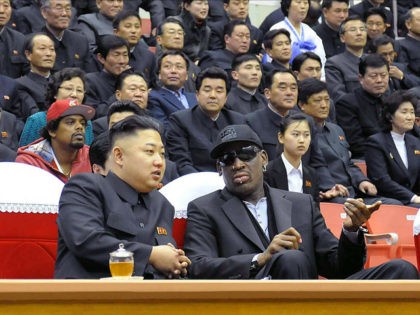
Feinstein said the U.S. offer a deal under which North Korea would agree to “freeze” their nuclear and missile programs, and the U.S. would agree not to pursue regime change there.

Israeli Prime Minister Benjamin Netanyahu issued an angry warning Sunday about an impending nuclear deal between the world’s major powers and Iran, as negotiators drew close to a final agreement on Sunday. “We will not pay the price for this,” Netanyahu said, in a statement recalling the manner in which the West had abandoned Czechoslovakia to the Nazi regime at the Munich negotiations in 1938.
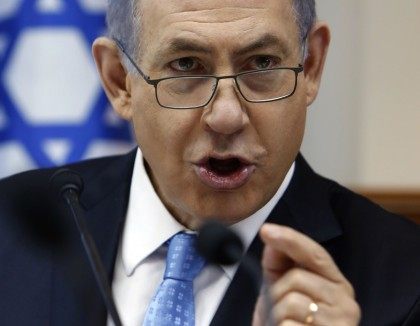
Diplomats at nuclear talks in Vienna failed to reach an expected deal on Friday, as Iran balked at signing an agreement with the Western powers on “Quds Day,” an annual day of virulent protest against the U.S. and Israel that the Iranian regime stages throughout the world.
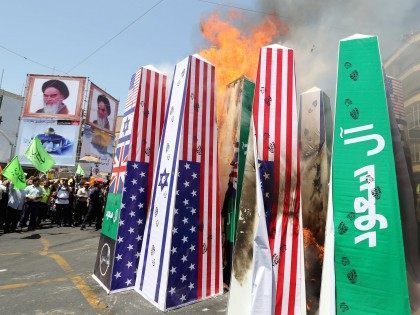
Iranian President Hassan Rouhani was repeatedly interrupted by supporters of Ayatollah Ali Khamenei at a unity rally held in Tehran on Wednesday.
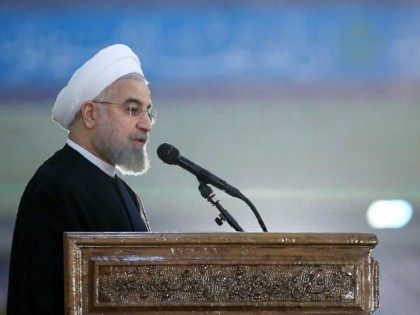
The nuclear talks with Iran in Lausanne, Switzerland, dissolved into a confusing mess as the Tuesday deadline passed, with everyone simultaneously saying they agree on everything important while still unable to come to an agreement.
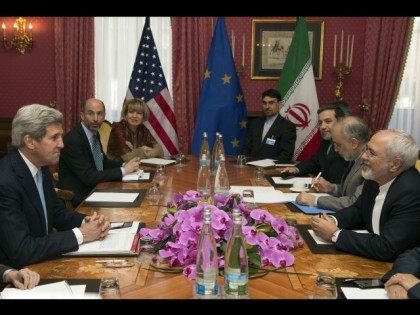
Iran is refusing to commit to a written nuclear deal ahead of the March 31 deadline that American officials had touted for a general framework to be signed, the New York Times reports.
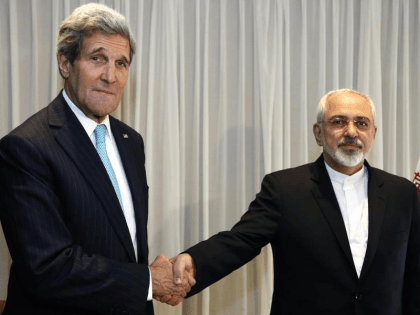
Iran’s Ayatollah Khamenei led chants of “Death to America” over the weekend, as talks between the P5+1 world powers and the Iranian regime are closing in on a March 31 deadline to accept a basic framework for an agreement.
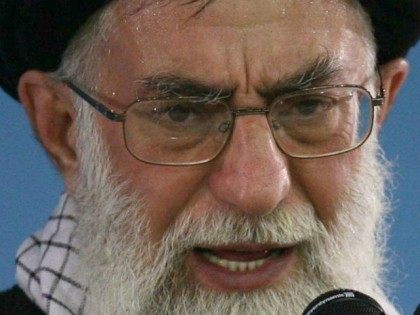
Spring is in the air, and President Obama is marking the Iranian Spring holiday Of Nowruz, using the occasion to promote a peaceful nuclear deal with their leaders, calling it the “the best opportunity in decades to pursue a different future between our countries.”
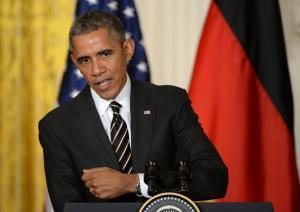
(Reuters) – U.S. President Barack Obama said on Monday thatIran should commit to a verifiable freeze of at least 10 years on its nuclear activity for a landmark atomic deal to be reached, but said the odds were still against sealing a final agreement.
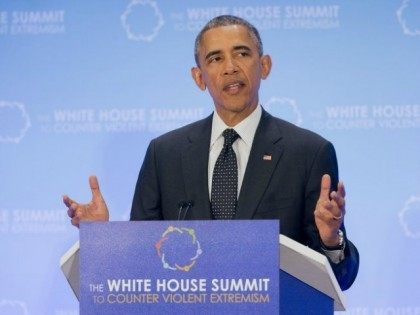
Last week in Geneva, U.S. and Iranian officials kicked off another round of talks in an attempt to resolve the long conflict over Iran’s nuclear program. While Iran insists it only wants to use nuclear technology for peaceful purposes, and has every right to do so, world powers fear the country is working to develop a nuclear bomb.
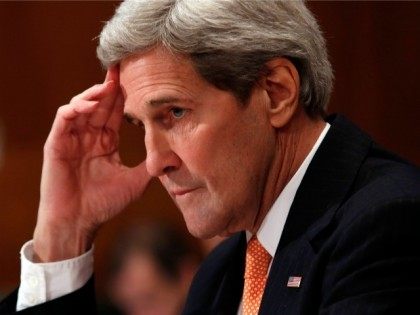
Informed foreign policy and economic experts rightly fear one gathering threat today even more than genocidal attacks by the purported Islamic State and its shadowy network of affiliates: the possibility that Russia, an ever expanding power, could one day provide military and diplomatic cover to Iran as that nation contrives to topple the monarchy in Saudi Arabia, and subsequently extends control by force over other energy-rich Arab kingdoms, including United Arab Emirates, Qatar, Kuwait, and Bahrain.
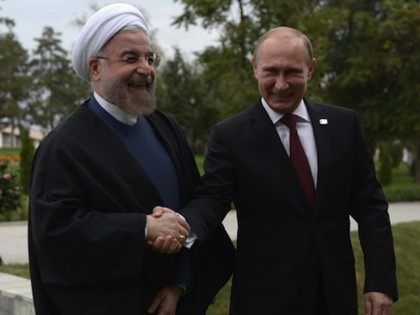
The purported deal would offer the U.S. only 20% of what it wants, and would seem to confirm reports from Israeli sources last week that Iran will receive 80% of what it wants. Once, the U.S. had agreed that a bad deal would be worse than none.
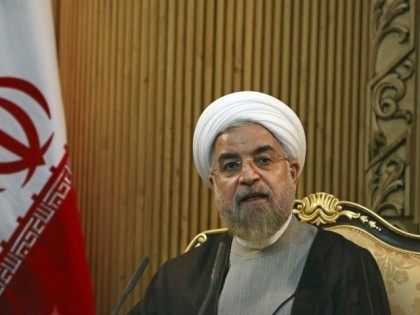
The Obama administration “has given the Iranians 80 percent of what they want” in the negotiations over Iran’s nuclear program with the P5+1 nations, according to an Israel Channel 10 news report.
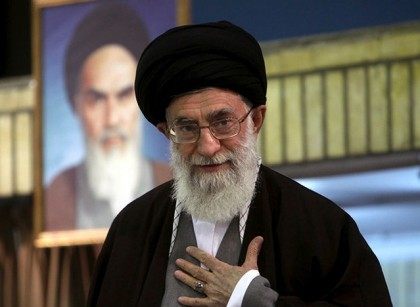
Obama claimed: “What was remarkable was that when I came into office, the world was divided around this issue. Iran was united. Through some very strong diplomatic work, we united the world and isolated Iran.” Obama also claimed: “The agreement has held and negotiations have been serious. We have not lost ground. Iran has not accelerated its program during the time these negotiations have taken place.” All of those claims, however, are false–and dangerously so.
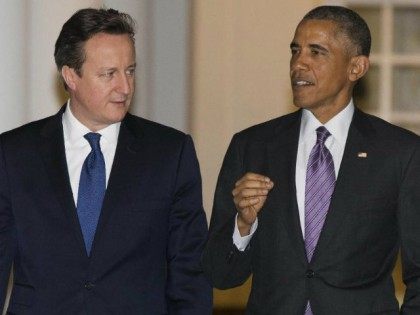
The evidence of an informal alliance between the U.S. and Iran in the fight against ISIS (or Daesh) in Iraq may give comfort to those who support President Barack Obama’s “leading from behind” foreign policy. However, it is a strategic disaster for the United States.
